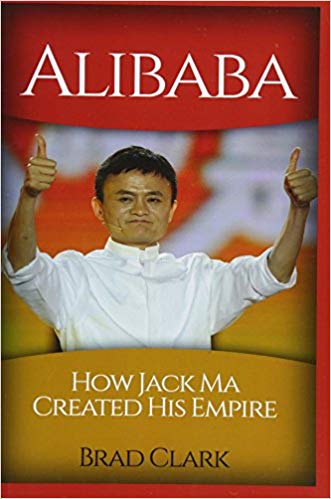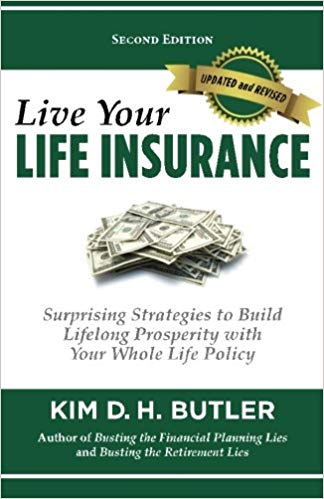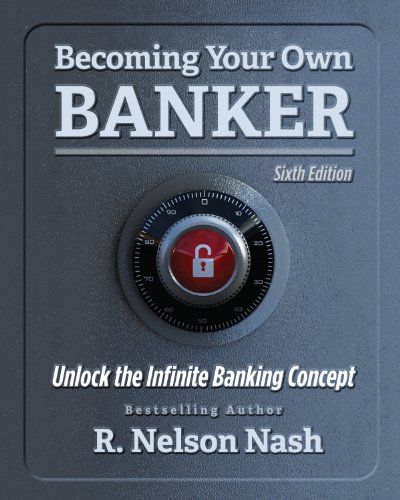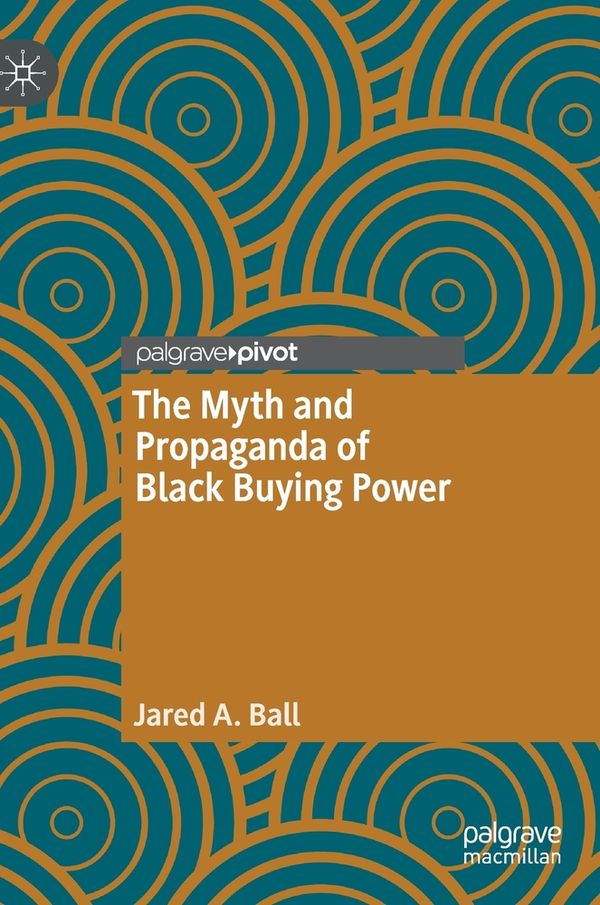Brad Clark (2016)
Visit book's Amazon Page for rated reviews and for more information.
Introduction
Location 49: His father famously warned him in his youth that his singular business concepts were a dangerous thing in China and in earlier generations would have meant imprisonment. Yet Ma readily admits his own mistakes, takes ownership of them, does not blame and ceaselessly sees the silver lining.
Chapter 1 – Early Life
Location 81: Jack Ma learned the most fundamental parts of life from questioning, observing and experimenting with situations that pushed the status quo. Through this Ma started testing his ability to question, not only the day to day things he was seeing in his country, but also everything he had thought or was told before. This is a practice that Ma still exercises today.
Location 88: The questioning and reexamining of issues assists Ma in looking at every situation for different angles to see the opportunities in the problems themselves. An example of this is Alipay, which is a complete reinvention of conducting e-commerce in China. The system was build without the Chinese banking system’s approval and at serious risk to Ma’s ongoing freedom. Alipay now transacts more business on a global scale than PayPal (using US).
Location 94: Ma has also stated that the martial art Thai-Chi helps him achieve the balance he gives to both his personal and business lives.
Chapter 2 – Education
Location 106: Ma has spoken openly about his struggles with ‘mainstream’ academia and, as is typical with many brilliant minds, speaks to the fact that primary and secondary schools, where the most rigor is taken in lesson plans, were his hardest to succeed in.
Location 108: What Ma noticed about himself, as he seemed to struggle with ‘school minded’ tasks yet excel at the English he was learning in his free time, is that he WAS able to apply himself, excel and actually succeed, but only when the task was something he had passion for.
"If you never tried, how do you know there's no chance?"
Chapter 3 – Early Inspiration and Businesses
Location 156: Ever the optimistic opportunist, while working for the government, Ma forged many important connections with influential people that later would impact his life and businesses.
"Be in love with the governments, but do not marry them"
Chapter 4 – Alibaba Begins
Location 200: Ma’s vision is to see Alibaba turn into a holding company of massive proportions. The business will be a conglomerate of many technology and logistic companies systematically acquired to fulfill and/or develop certain projects Ma and his teams come up with.
Chapter 5 – Alibaba, an IPO
Location 208: It was reported that Alibaba had amassed over $ 25 billion in an Initial Public Offering in September, 2014.
Location 214: Ma is a flamboyant, energetic and charismatic leader, his influence in business and leadership has been recognized with many honors from very well respected organizations. Since his flagship’s IPO Ma’s influence transcends business and moves right into social causes, predominantly in the realm of environmental issues. Ma has been a board member of the Nature Conservancy in China since 2010. Ma has butted heads with the industry of shark-fishing, working toward the eradication of shark fin delicacies and dishes. As the chairman of Alibaba Ma has worked to end the shark fin trade and other shark products on Alibaba.
Location 225: Jack Ma proudly advocates for the fair growth and treatment of women in the business world and beyond. Regarding EOE practices Ma says: ‘Within Alibaba Grp., approximately 47% of employees are women, which was brought down from 51% due to the acquisition of other male dominated subsidiaries, and 33% of Alibaba’s senior management are women.’ Ma also states that: ‘We have many women CEOs, CFOs, directors and so on.
Chapter 6 – Views, Accomplishments, Personal Life
Location 250: Views: In 2007 Ma told the world that he and his family had sworn off the Chinese delicacy shark fin soup ‘now and forever.’
Conclusion
Location 322: Ma has an inherent understanding of just how far he can push the Chinese government and sensibilities, he remains careful to avoid statements and/ or actions that might jeopardize his business.
Location 324: Britton Duncan Clark’s candid observation of Ma however does show that his time in the Western world as a youth has had lasting effects: ‘He is the opposite of stuffy and canned. He's funny, creative and a compelling speaker. I often thought he has another career in stand-up comedy.’
Location 328: Ma’s concern for the reality of his fellow man is apparent in this quote from an interview in Hong Kong’s South China Morning Post: "One issue facing China is that people's wallets are bulging, but their heads are empty."
Location 333: "But, life is so short. It’s all about experience. People seek different views. Some people think you’re rich, you’re successful, but you’re not! Some people say this guy does not have money, he’s a terrible guy, but maybe not! Everyone chooses their own life."
Location 338: But it’s too late to regret, forget about regret! Just think, “I’ve got 10-20 years to go”, enjoy the show, enjoy the ride.”’
Location 343: There are four points he highlights as absolute don’ts - even if you are the head of one of the largest companies in the world. As final words we will leave you with these thoughtful pieces of advice for anyone looking to branch out on their own in the business world:
Location 346: Jack Ma’s Four Don’ts of Entrepreneurship:
- The scariest things about starting up is the inability to see, to be snobbish, to be unable to understand what is going on, as well as to be unable to keep up with pace. If you do not know where your competitor is, or overconfident and snobbish about your competitor, or are unable to comprehend how your competitor became a real threat, you will surely fall behind him.
- Don’t be the “they” in this idiom: First they ignore you, then they laugh at you, then they fight you, then you win. Even if your competitor is still small in size or weak, you should take him seriously and treat him as a giant. Likewise, even if your competitor is massive in size, you shouldn’t regard yourself as a weakling.
- Don’t be concerned solely with making money. You cannot be driven by money or you will certainly fail right out of the gate.






